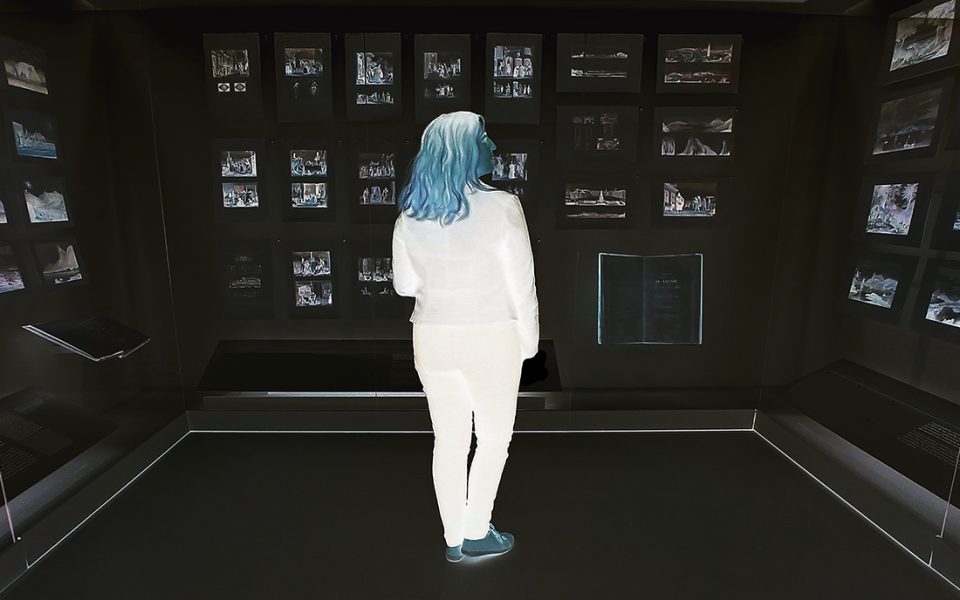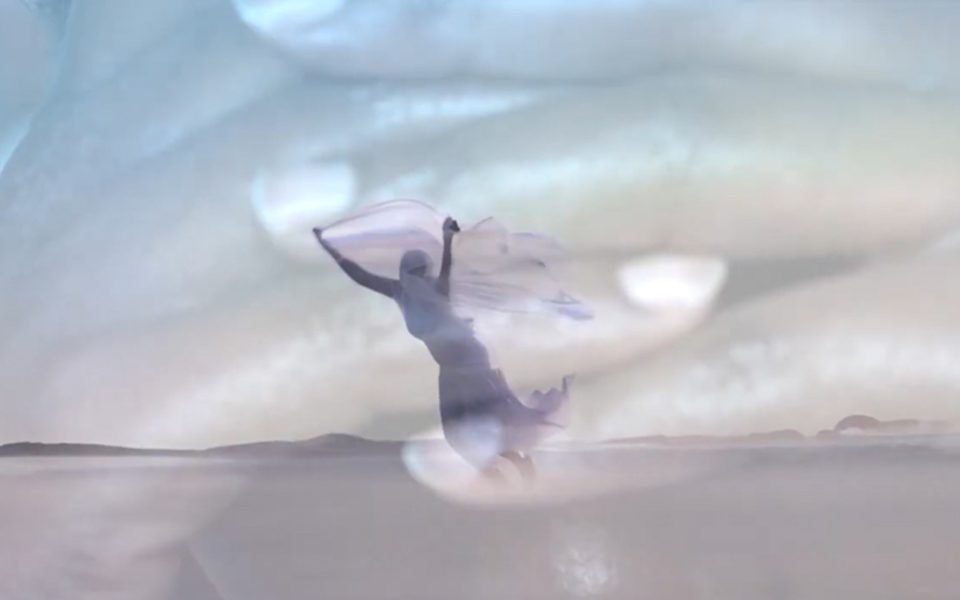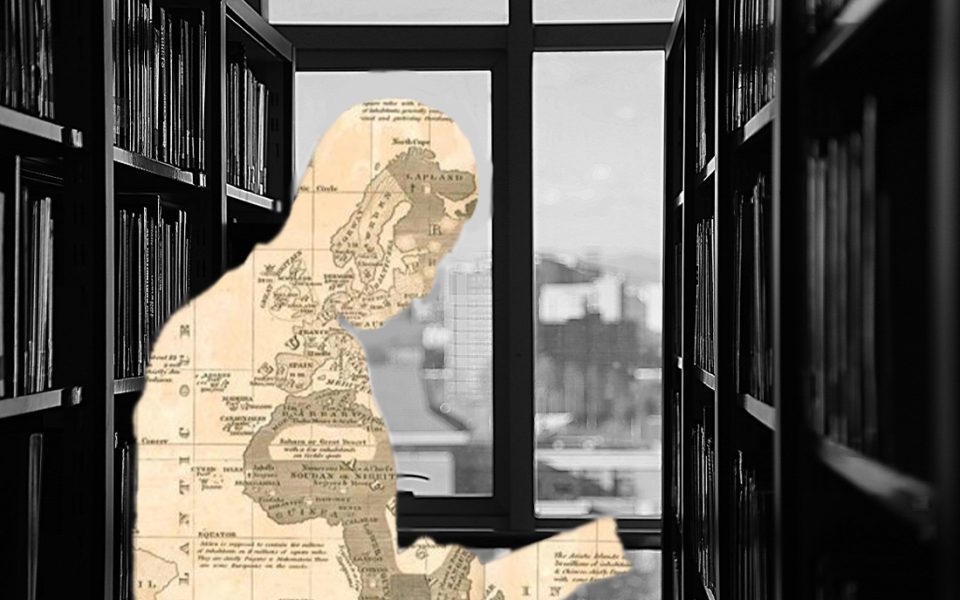August 3, 2022
In 2019, UWC assembled a research team to assess and make recommendations on the revitalisation of the considerable archival holdings of the liberation movements of Southern Africa housed at the University of the Western Cape, especially but not only, at the UWC-Robben Island Museum Mayibuye Archives.




